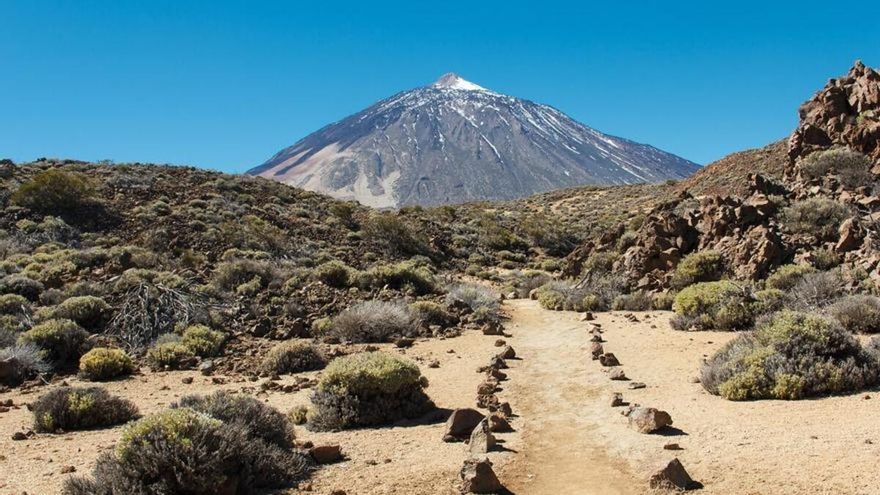
The Canarian Coalition’s (CC) initiative to introduce a Tourist tax for overnight stays in Tenerife —with exemptions for vulnerable residents and groups— has garnered attention beyond borders, drawing interest from the British media. Daily Express and The Sunday Times have raised concerns about the potential impact of this measure on the wallets of their fellow countrymen.
Both publications also discuss the ongoing discourse in the islands regarding the implications of mass tourism and elucidate how this new tax could help fund projects aimed at sustainability, promote a circular economy, and combat climate change.
A proposal linked to sustainability
The Canarian Coalition of Tenerife has proposed a non-resident tourist eco-tax based on the sector’s development, designed to finance initiatives that bolster environmental sustainability and address climate change. This revenue, of a temporary nature, would also be allocated to minimising the ecological impact of tourism on the island.
This initiative, which would exempt Canarian residents and vulnerable groups such as minors, was among the topics discussed at the nationalist party’s VI Insular Congress, which took place over the weekend at the Santa Cruz de Tenerife exhibition centre.
International impact
The proposal has made headlines in British outlets. The tabloid Daily Express warns that “the Canary Islands are on the verge of making holidays more expensive,” referring to the possible implementation of the new tourism tax. The publication connects the proposal with recent protests from citizens in Tenerife and other islands regarding the consequences of tourism on housing, public services, and the environment.
Meanwhile, The Sunday Times highlights the Teide National Park. “Visitors wishing to explore Spain’s highest mountain will incur an eco-tax starting next year,” states the newspaper, emphasising the strain that over four million yearly visitors place on the natural surroundings.
Capacity and monitoring measures in Teide
The Sunday Times also reports on statements made by Rosa Dávila, president of the Cabildo de Tenerife, who expressed plans to install surveillance cameras in Teide to manage visitor numbers and prevent overcrowding. While the specific limits or actions to be taken in the event of overcapacity have yet to be detailed, the British publication notes that this effort aims to safeguard a natural area increasingly subjected to tourist pressure.















